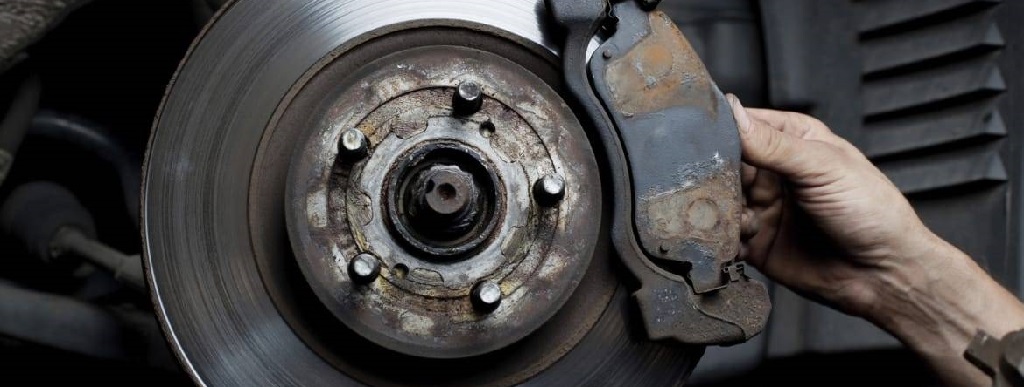
How often do brakes need to be serviced?
The vehicle brake system is one of the most important safety features that allow one to slow down or bring the vehicle to a complete stop when it’s needed. But just like any other part of the car, brakes require regular maintenance and replacement so that you are confident about the brake system every time you sit behind the wheel.
Several components make up the brake system, and all of them are extremely necessary. But due to heavy usage, all of them wear out over time, which is exactly when a replacement would be needed for the brake pads.
Brake pads are known to apply friction to the routers, which causes them to slow down and eventually stop the wheels from rotating completely. Due to the weight of the car’s high temperatures online, please start school through a lot of stress and then become thinner after driving for thousands of miles.
When to service your brakes?
Certain guidelines depend on the manufacturer for the brake pad replacement. However, the general idea is that one should get the past replaced somewhere between 30,000 to 35,000 miles. But there are certainly other factors that either extend or shorten the life of the brake pads.
Following other factors that affect how long the brake pads will last and what you should keep in mind.
1. The Brake Pad Material:
The brake pads are made up of three main types of materials, organic metal, and ceramic. There are pros and cons for each of these that affect the brake pads’ performance and longevity.
Ceramic brake pads are great for people who must make hard stops especially driving in high traffic areas. They produce less dirt compared to organic brake pads and have a longer life span.
Organic brake pads, known as non-asbestos organic brake pads, are comparatively softer and do not make loud noises like the other types. However, they do wear out faster than metallic or ceramic brake pads.
Metallic brake pads are made of iron, copper, steel, and graphite. They are extremely durable, and I used them in most model vehicles. However, they are quite heavy, which means that they can affect the car’s fuel economy.
2. Highway Driving Vs. City:
Among other factors that affect your brake pads’ longevity, your driving route is one of them. Driving in the city means that you have more stoplights, and the roads are more likely to be congested. On the other hand, if you drive on highways that involve lesser traffic and fewer stops, it reduces the need to engage your brakes.
3. Driving Style:
A few drivers tend to use the brakes more often than necessary and aggressive drivers like that can stop the car abruptly, leading to the brake pads wearing down faster. To make sure that your brake pads last longer, you should gently use the brakes.




